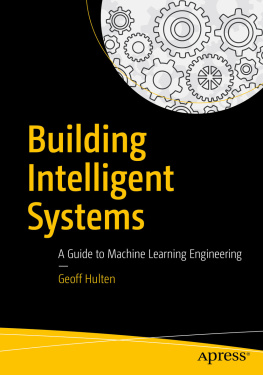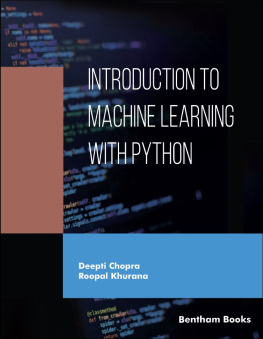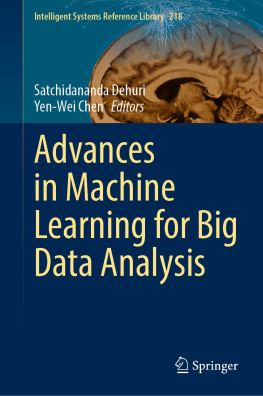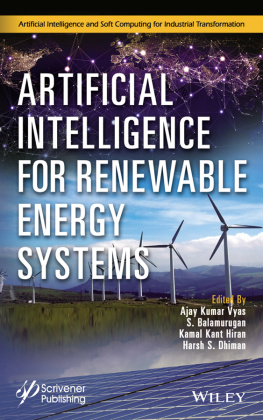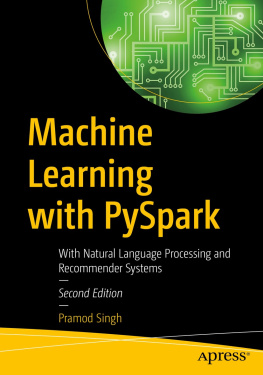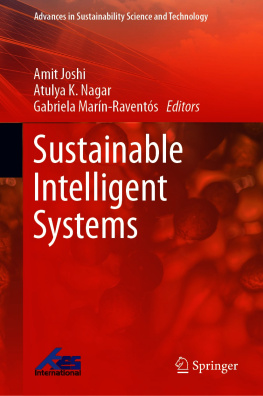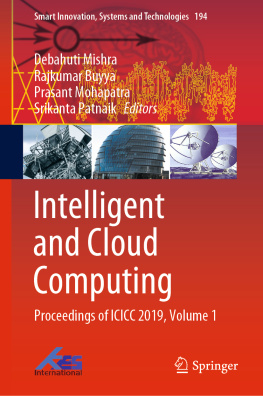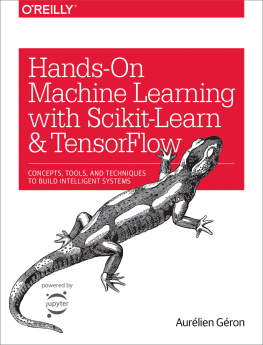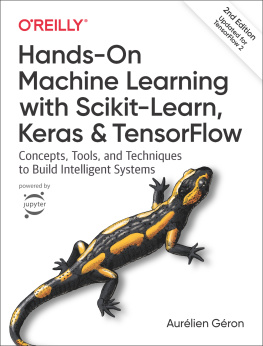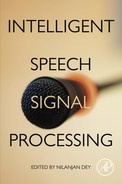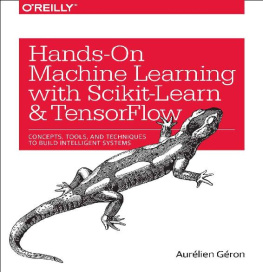Approaching an Intelligent Systems Project
Chapters - set the groundwork for a successful Intelligent Systems project. This part describes what Intelligent Systems are and what they are good for. It refreshes some important background. It explains how to ensure that an Intelligent System has a useful, achievable goal. And it gives an overview of what to expect when taking on an Intelligent Systems project.
1. Introducing Intelligent Systems
Intelligent Systems are all around us. In our light bulbs. In our cars. In our watches. In our thermostats. In our computers. How do we make them do the things that make our lives better? That delight us?
When should a light bulb turn on? When should an e-commerce site show us a particular product? When should a search engine take us to a particular site? When should a speaker play some music?
Answering questions like these, and answering them extremely well, is fundamental to unlocking the value of Intelligent Systems. And it is really hard.
Some of the biggest, most valuable companies in the world have their core business built around answering simple questions, like these:
What web page should I display based on a short query?
What ad should I present in a particular context?
What product should I show to this shopper?
What movie would this user enjoy right now?
What book would this person like to read?
Which news stories will generate the most interest?
Which programs should I block from running to keep a machine safe?
Answering each of these questions well enough has made companies worth billionsin a few cases hundreds of billionsof dollars. And it has done so by making lots of people smarter, more productive, happier, and safer. But this is just the tip of the iceberg. There are tens of thousands of similar questions we could try to answer: When should my front door unlock? What exercise should a fitness app suggest next? What type of song should an artist write next? How should a game evolve to maximize player engagement?
This book is about reliably and efficiently unlocking the potential of Intelligent Systems .
Elements of an Intelligent System
Intelligent Systems connect users to artificial intelligence (machine learning) to achieve meaningful objectives. An Intelligent System is one in which the intelligence evolves and improves over time, particularly when the intelligence improves by watching how users interact with the system.
Successful Intelligent Systems have all of the following:
A meaningful objective . An Intelligent System must have a reason for being, one that is meaningful to users and accomplishes your goals, and one that is achievable by the Intelligent System you will be able to build and run. Selecting an objective is a critical part of achieving success, but it isnt easy to do. The first part of this book will help you understand what Intelligent Systems do, so youll know when you should use one and what kinds of objectives you should set for it.
The intelligent experience . An intelligent experience must take the output of the systems intelligence (such as the predictions its machine learning makes) and present it to users to achieve the desired outcomes.
To do this it must have a user interface that adapts based on the predictions and that puts the intelligence in a position to shine when it is rightwhile minimizing the cost of mistakes it makes when it is wrong. The intelligent experience must also elicit both implicit and explicit feedback from users to help the system improve its intelligence over time. The second part of this book will explore intelligent experiences, the options and the pitfalls for connecting users with intelligence.
The implementation of the intelligence . The Intelligent System implementation includes everything it takes to execute intelligence, to move the intelligence where it needs to be, to manage it, to light up the intelligent experiences based on it, to collect telemetry to verify the system is functioning, and to gather the user feedback that will improve the intelligence over time. The third part of this book describes all the components of an intelligence implementation. It will prepare you to design and implement an Intelligent System of your own.
Intelligence creation . Intelligent Systems are about setting intelligence up for success. This intelligence can come from many different places, ranging from simple heuristics to complex machine learning. Intelligence must be organized so that the right types of intelligence address the right parts of the problem, and so it can be effectively created by a team of people over an extended time. The fourth part of this book discusses the act of creating and growing intelligence for Internet-scale Intelligent Systems. It will prepare you to leverage all available approaches and achieve success.
The orchestration . An Intelligent System lives over time, and all its elements must be kept in balance to achieve its objectives. This orchestration includes controlling how the system changes, keeping the experience in sync with the quality of the intelligence, deciding what telemetry to gather to track down and eliminate problems, and how much money to spend building and deploying new intelligence. It also involves dealing with mistakes, controlling risk, and defusing abuse. The fifth part of this book explains everything it takes to orchestrate an Intelligent System and achieve its goals through all phases of its life-cycle.
An Intelligent System is one way to apply machine learning in practice. An Intelligent System takes intelligence (produced via machine learning and other approaches) and leverages and supports it to achieve your objectives and to improve over time.
An Example Intelligent System
Intelligent Systems might be used to implement search engines, e-commerce sites, self-driving cars, and computer vision systems that track the human body and know who a person is and when they are smiling. But these are big and complicated systems.
Lets look at a much simpler example to see how a solution might evolve from a traditional system into an Intelligent System.
The Internet Toaster
Lets consider an Internet-connected smart- toaster . A good idea? Maybe, maybe not. But lets consider it. Our toaster has two controls: a slider that controls the intensity of the toasting and a lever that starts the toast.
It seems simple enough. The toasters intelligence simply needs to map settings of the intensity slider to toast times. At a low setting, the toaster runs for, say, 30 seconds. At high settings the toaster runs for two minutes. That kind of thing.
So sit down, think for a while, come up with some toast-time settings and send the toaster to customers. What could go wrong?
Well, if you choose a maximum intensity that toasts for too long it could burn the things it toasts. Most customers who use that setting will be unhappy, throw away their cinder-toast, and start again.
You can imagine other failure cases, all the little irritations of toast-making that result in customers standing over their toasters, hands on the levers, ready to cut the toast short. Or customers repeatedly toasting the same piece of bread, a bit at a time, to get it the way they like it.

